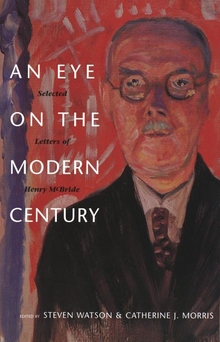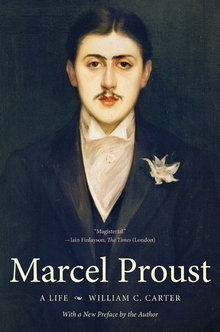Emilio’s Carnival (Senilità)
WARNING
You are viewing an older version of the Yalebooks website. Please visit out new website with more updated information and a better user experience: https://www.yalebooks.com
Italo Svevo; A new translation by Beth Archer Brombert, with an introduction by Victor Brombert
Out of Print
Italo Svevo’s early novel Senilità (1898) remained unknown for many years until James Joyce encountered the novelist in Trieste and came to admire Senilità as a preeminent modern Italian novel. Joyce helped to launch Svevo’s career, and years later Svevo achieved great fame with his masterpiece, Confessions of Zeno.
In Senilità, Svevo tells the story of the amorous entanglement of Emilio, a failed writer already old at thirty-five, and Angiolina, a seductively beautiful but promiscuous young woman. A study in jealousy and self-torment, the novel traces the intoxicating effect of a narcissistic and amoral woman on an indecisive daydreamer who vacillates between guilt and moral smugness. The novel is suffused with a tragic sense of existence, and the unbreachable distance between one consciousness and another. Svevo’s unmistakably modern voice subtly captures rapid shifts in mood and intention, exploiting irony, indirection, and multiple points of view to reveal Emilio’s increasing anguish as he comes to recognize the dissonance between himself and his world.
In Senilità, Svevo tells the story of the amorous entanglement of Emilio, a failed writer already old at thirty-five, and Angiolina, a seductively beautiful but promiscuous young woman. A study in jealousy and self-torment, the novel traces the intoxicating effect of a narcissistic and amoral woman on an indecisive daydreamer who vacillates between guilt and moral smugness. The novel is suffused with a tragic sense of existence, and the unbreachable distance between one consciousness and another. Svevo’s unmistakably modern voice subtly captures rapid shifts in mood and intention, exploiting irony, indirection, and multiple points of view to reveal Emilio’s increasing anguish as he comes to recognize the dissonance between himself and his world.
Italo Svevo (1861–1928), né Ettore Schmitz, was born in Trieste and lived there all of his life. His other works include Una Vita (1892), Confessions of Zeno (1923), several collections of short stories, and plays. Beth Archer Brombert is a professional translator and author. Her most recent book is Edouard Manet, Rebel in A Frock Coat. Victor Brombert is Henry Putnam University Professor of Romance and Comparative Literatures, Emeritus, at Princeton University. He has written numerous books, including, most recently, In Praise of Antiheroes: Figures and Themes in Modern European Literature.
ISBN: 9780300090475
Publication Date: October 11, 2001
Publication Date: October 11, 2001
264 pages, 5 x 7 3/4








